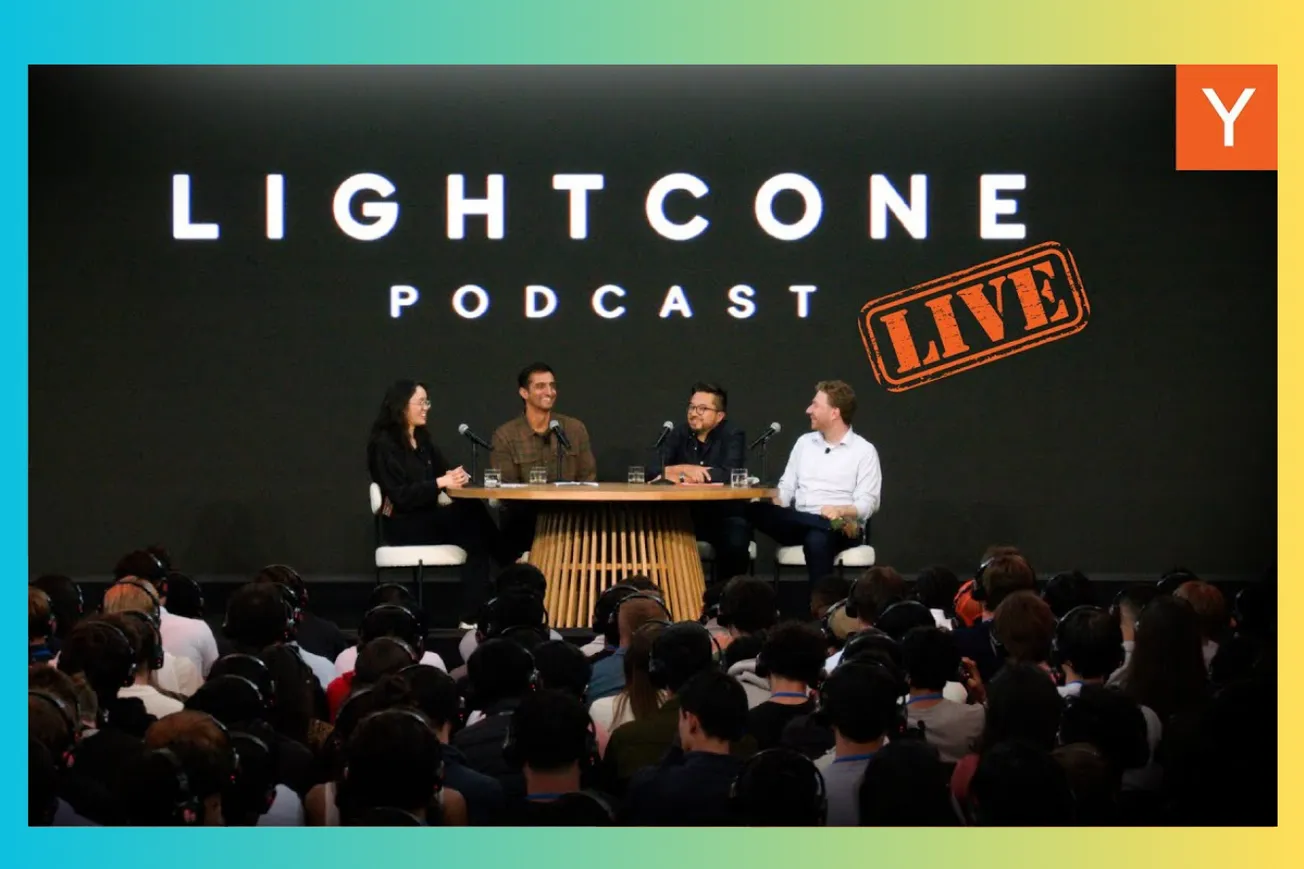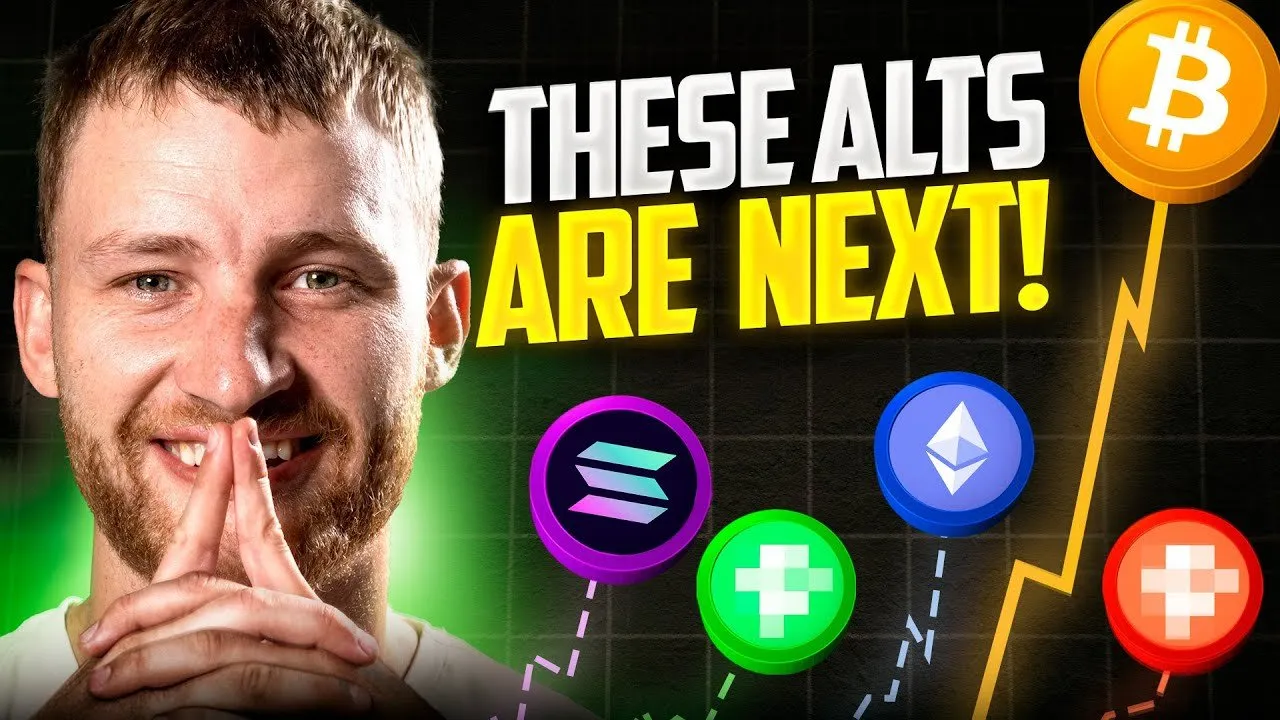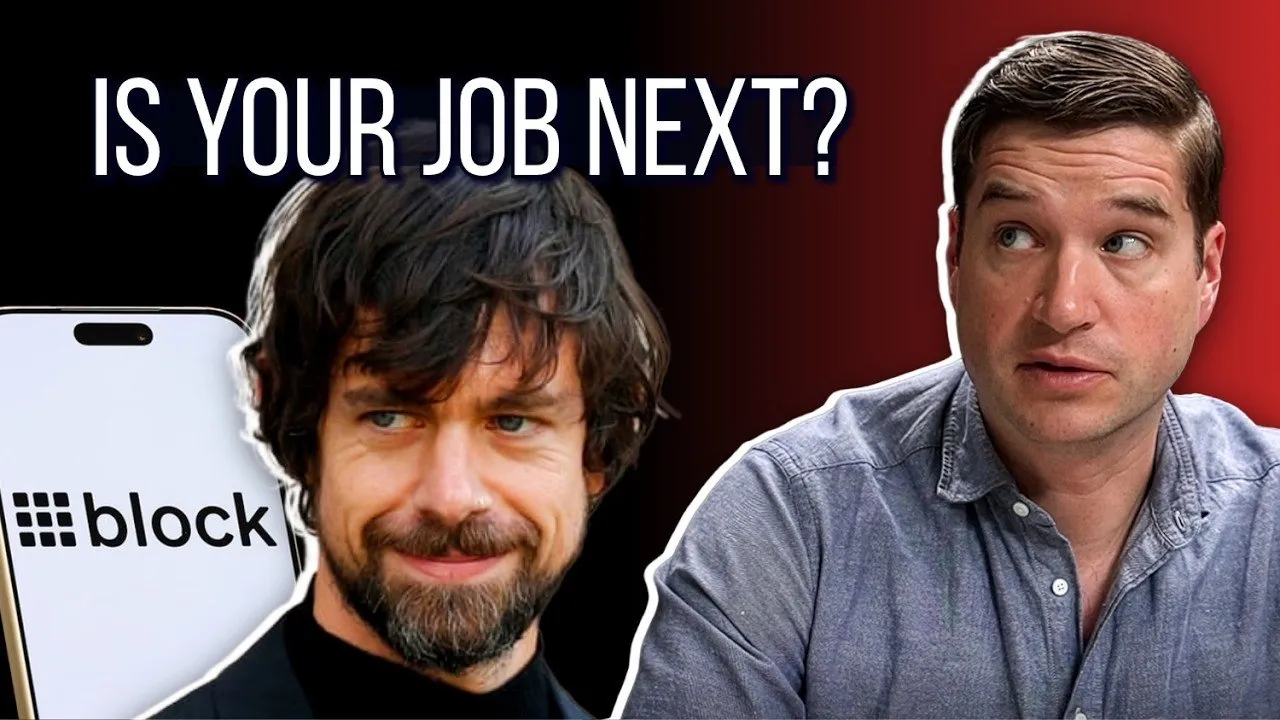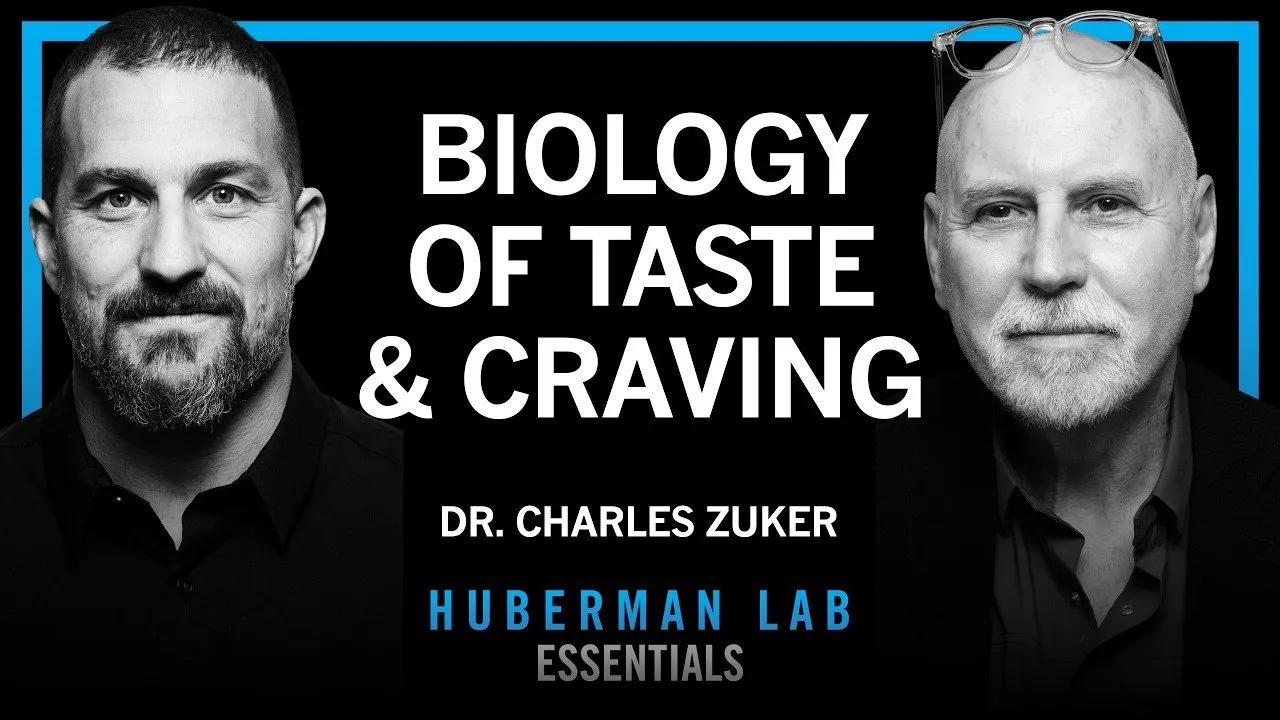Table of Contents
Y Combinator partners challenge conventional wisdom about career safety, revealing why traditional "stable" tech jobs may be riskier than startups in the AI age. Their framework shows how college students can leverage technical expertise and agency to build meaningful companies while avoiding the credentialism traps that create fake entrepreneurs.
Key Takeaways
- The "safe" career path of stable tech jobs may be inverted in the AI era, with startups potentially offering more security than traditional employment
- Computer science unemployment (6.1%) now exceeds art history unemployment (3.0%), signaling fundamental shifts in job market dynamics
- College curricula that forbid AI tools like Cursor are preparing students for obsolete skills rather than future workplace realities
- Technical expertise has become more valuable than domain expertise for the first time, giving college students advantages over experienced professionals
- Agency and independent thinking matter more than credential optimization, requiring a complete mindset shift from student to builder
- Entrepreneurship programs often teach deception rather than real building, creating dangerous habits that waste potential during abundant opportunities
- Social media "aura farming" distracts from real value creation, with authentic product development trumping online brand building
- Starting with extremely niche markets remains the proven path to billion-dollar companies, now enhanced by AI's ability to serve specialized needs
- The fastest path to domain expertise involves becoming a "forward deployed engineer" who learns by solving real problems for real customers
Timeline Overview
- 00:00–04:18 — The Last Window Question: Discussion of whether this represents the final opportunity to build wealth before AI transforms the economy fundamentally
- 04:18–07:08 — Career Risk Inversion: How traditionally "safe" tech jobs may become riskier than startups as AI automates instruction-following roles
- 07:08–08:28 — Agency Over Credentials: The importance of independent thinking and building rather than optimizing for external validation and test-passing
- 08:28–10:50 — Motivation Framework: Why excitement about opportunities beats fear-based decision making, with unprecedented startup growth rates as evidence
- 10:50–12:55 — Real vs Fake Credentials: How revenue generation trumps fundraising announcements and external validation as success metrics
- 12:55–18:51 — Technical vs Domain Expertise: Why AI has flipped the value hierarchy, making college students competitive with experienced professionals
- 18:51–20:39 — Breaking Student Mindset: Moving from checkbox thinking to open-ended problem solving and rule creation rather than rule following
- 20:39–22:52 — Entrepreneurship Program Dangers: How academic programs teach deception and credentialism rather than authentic building skills
- 22:52–27:30 — Social Media Strategy: Balancing authentic storytelling with product focus, avoiding "aura farming" while building real value
- 27:30–32:33 — College Dropout Decisions: Framework for evaluating startup opportunities versus educational completion based on personal readiness
- 32:33–35:00 — Niche Market Strategy: Why extremely specific starting points enable expansion into billion-dollar companies across all eras
The Great Career Risk Inversion: When "Safe" Becomes Dangerous
The fundamental assumption that traditional tech employment provides career security is being challenged by AI's rapid advancement, potentially inverting decades of career wisdom about risk and safety.
- Computer science majors now face 6.1% unemployment compared to 3.0% for art history majors, suggesting that technical skills alone no longer guarantee employment security
- The traditional "level 59 PM at Microsoft" career path that previously satisfied parents and provided health insurance may become obsolete as AI automates instruction-following roles
- Companies increasingly value agency and independent thinking over reliable task execution, since AI systems excel at following predetermined instructions without human oversight
- The job market shift reflects AI's strength in areas where humans previously had comparative advantages, particularly in routine technical and analytical tasks
- Young people entering the workforce must develop skills that complement rather than compete with AI capabilities, emphasizing creativity and problem-solving over execution
- The perceived "safety" of large tech company employment may be illusory if those roles become systematically automated or eliminated through AI advancement
- Startup environments that reward adaptation, learning, and innovation may actually provide more long-term career security than traditional corporate structures
Education's AI Blind Spot: Preparing for Yesterday's Jobs
College computer science programs are systematically preparing students for a world that no longer exists, forbidding the tools that define modern software development.
- Most CS courses prohibit AI coding tools like Cursor, literally preventing students from learning the skills they'll need in professional environments
- The educational prohibition mirrors historical resistance to calculators, Google, and other tools that eventually became essential rather than optional
- Students learn more from independent side projects than classroom assignments, indicating that formal education is failing to adapt to technological change
- Traditional academic approaches emphasize individual work and predefined solutions, while modern software development requires AI collaboration and iterative problem-solving
- The credentialing function of college—proving ability to follow instructions and complete tasks—becomes less valuable when AI can perform those same functions
- Forward-thinking students supplement formal education with self-directed learning using current tools, creating significant skill gaps between graduates
- Educational institutions risk becoming obsolete if they continue teaching outdated methodologies while industry rapidly adopts AI-enhanced workflows
Agency Over Optimization: Breaking the Credentialist Mindset
The transition from student to entrepreneur requires abandoning optimization for external validation in favor of independent thinking and value creation.
- Students are conditioned to pass tests and check predetermined boxes, but startups require creating rules and defining success metrics rather than following them
- Questions like "What should I look like to raise money?" reveal student thinking that assumes external authorities set the standards for success
- The entrepreneurial mindset requires designing your own goals and timelines rather than waiting for assignment from professors or managers
- Agency means taking responsibility for outcomes and learning through experimentation rather than seeking approval from authority figures
- Successful founders create their own frameworks for decision-making rather than optimizing for metrics defined by others
- The abundance of AI-enabled opportunities makes credentialist thinking particularly dangerous, since it prevents people from recognizing genuine possibilities
- Building real products for real customers provides immediate feedback loops that replace the delayed gratification of academic grades and evaluations
The Technical Expertise Revolution: College Students' Unexpected Advantage
AI has fundamentally shifted the balance between technical and domain expertise, giving technically capable students advantages over experienced professionals for the first time.
- Pre-AI software development favored domain expertise since technical implementation became commoditized, making customer relationships and market knowledge more valuable
- AI's promise of automating work rather than just providing software tools requires sophisticated technical implementation to deliver reliable results consistently
- College students often understand AI model optimization and prompt engineering better than experienced professionals who haven't adapted to new technologies
- The difficulty of making AI work reliably in production environments creates opportunities for technically sophisticated teams to differentiate from competitors
- Domain expertise can be acquired quickly through focused learning, while technical AI expertise requires hands-on experience that many professionals lack
- Engineering-focused approaches now provide competitive advantages in markets where business development previously dominated value creation
- The combination of technical AI skills with rapidly acquired domain knowledge enables students to compete with established players across industries
The Forward Deployed Engineer Strategy: Acquiring Domain Expertise at Light Speed
Rather than waiting years to develop industry knowledge, ambitious students can rapidly become experts by embedding themselves in real business operations.
- Flexport's founder became a major medical hot tub importer to understand logistics, demonstrating how operational involvement creates genuine expertise
- The "undercover agent" approach involves working directly with customers to understand their daily workflows and pain points
- College students can gain credibility by offering AI solutions that established vendors cannot provide, opening doors that were previously closed
- Dentist AI agent examples show how students with no industry experience can quickly become domain experts by solving specific customer problems
- The key is identifying businesses that are eager to explore AI possibilities but disappointed with existing vendor capabilities
- Rapid domain expertise acquisition requires genuine curiosity and willingness to learn rather than theoretical research or academic study
- The combination of technical AI knowledge with customer-focused learning enables faster expertise development than traditional industry experience
Avoiding the Entrepreneurship Education Trap: Why Programs Teach Deception
Academic entrepreneurship programs often create dangerous habits that prevent students from building real companies during the most opportune time in technological history.
- Many entrepreneurship programs teach students to "fake it till you make it" rather than building genuine products that solve real problems
- The focus on fundraising, pitch competitions, and external validation creates habits that distract from customer discovery and product development
- Programs run by non-founders tend to treat entrepreneurship as an academic subject with predetermined answers rather than an experimental process
- The emphasis on following methodologies and checking boxes contradicts the experimental, adaptive nature of successful startup building
- Students learn to optimize for impressive presentations rather than meaningful customer interactions and problem-solving
- The abundance of current AI opportunities makes deceptive practices particularly wasteful, since genuine value creation is more accessible than ever
- Real entrepreneurship education comes from building products and talking to customers rather than completing assignments and following templates
Social Media Strategy: Authentic Storytelling vs. Aura Farming
The tension between building online presence and focusing on product development requires careful balance to avoid sacrificing substance for perception.
- "Aura farming" represents the dangerous practice of optimizing for online perception rather than genuine value creation and customer satisfaction
- Social media can be valuable for direct communication with customers and telling authentic stories about product development progress
- Working backwards from meaningful product updates creates natural content that demonstrates real progress rather than manufactured excitement
- The two-week sprint approach of building features specifically to share progress creates alignment between product development and communication
- Authentic documentation of building processes provides more value than polished marketing content designed purely for viral distribution
- The ability to tell your own story directly prevents others from controlling your narrative during both success and failure cycles
- Substance over flash requires focusing on customer impact and genuine innovation rather than optimizing for social media engagement metrics
The College Dropout Decision Framework: Timing, Trust, and Opportunity Quality
Deciding whether to leave college for a startup requires evaluating multiple factors beyond just the immediate opportunity to ensure long-term career satisfaction.
- Three key criteria: Do you trust the team? Is it actually a good startup? Are you genuinely ready to leave college regardless of outcome?
- Fear-based decisions driven by FOMO about other people's success rarely lead to positive outcomes or career satisfaction
- The power law nature of startups means that working at exceptional companies matters more than simply joining any startup
- Personal readiness involves having explored alternative career paths and feeling genuinely excited about building rather than continuing education
- Financial preparation requires at least six to nine months of living expenses to avoid desperation-driven decisions during difficult periods
- Co-founder timing alignment often determines feasibility more than individual readiness, since startups require coordinated commitment from multiple people
- The rarity of optimal timing situations means that when all factors align, the opportunity should probably be taken rather than delayed
The Niche Strategy: Why Billion-Dollar Companies Start Impossibly Small
The proven path to massive companies involves dominating extremely specific markets before expanding, a strategy that AI enhancement makes even more powerful.
- Airbnb started with airbeds during Democratic conferences, Stripe focused solely on instant developer payments, and Coinbase served regular people wanting simple Bitcoin purchases
- The conventional wisdom about "total addressable market" often misses opportunities that seem small but enable rapid expansion once proven
- AI's ability to provide personalized, high-value services makes niche markets more profitable than traditional software approaches
- Finding 10 passionate users beats acquiring 100 lukewarm customers, since passionate users provide better feedback and become genuine advocates
- The combination of AI capabilities with proprietary niche data creates defensible moats that prevent larger competitors from easily replicating success
- Modern market size calculations often underestimate AI-enhanced service value, since customers pay more for work automation than traditional software tools
- The weirdness and specificity of niche markets create barriers that prevent mainstream competitors from recognizing or entering opportunities until expansion begins
This comprehensive analysis reveals that the AI era requires fundamental shifts in career thinking, educational approaches, and business strategy. Success demands technical competence, genuine agency, and customer focus rather than credentialist optimization. The current moment presents unprecedented opportunities for young people willing to build real solutions for real problems rather than pursuing traditional markers of achievement that may become obsolete.
Practical Implications
- Develop technical AI skills immediately rather than waiting for educational institutions to update curricula with current tools and methodologies
- Practice agency by working on independent projects and making real decisions rather than optimizing for grades or external validation
- Gain domain expertise by embedding with real customers and solving their actual problems rather than theoretical market research
- Avoid entrepreneurship programs that emphasize fundraising and pitch competitions over customer discovery and product development
- Focus on building genuine value for customers rather than optimizing social media presence or online brand perception
- Evaluate career opportunities based on learning potential and team quality rather than prestige or traditional safety metrics
- Start with extremely niche markets where you can achieve quick dominance before attempting to expand into larger categories
- Build financial runway of 6-9 months before making career transitions to avoid desperation-driven decisions during challenging periods
- Choose co-founders based on timing alignment and complementary skills rather than friendship or convenience
- Document authentic building progress through social media rather than creating manufactured content designed purely for engagement





